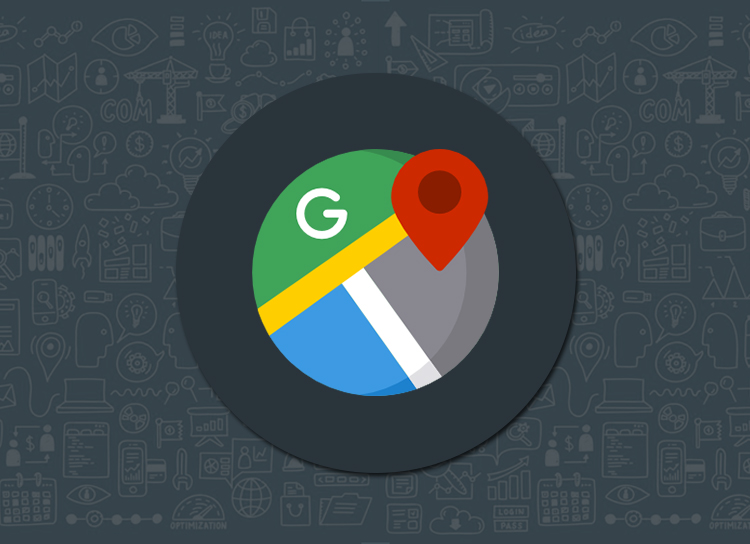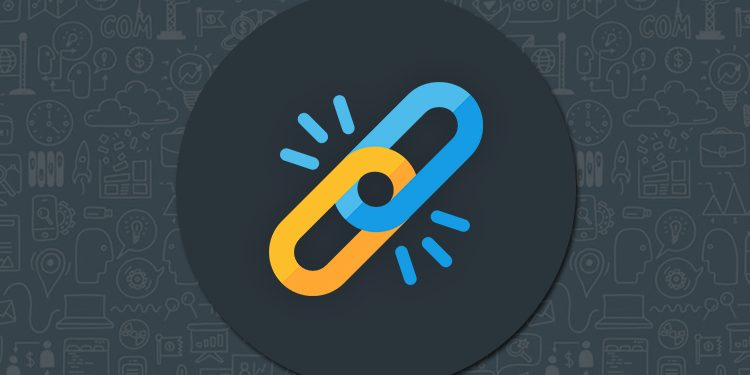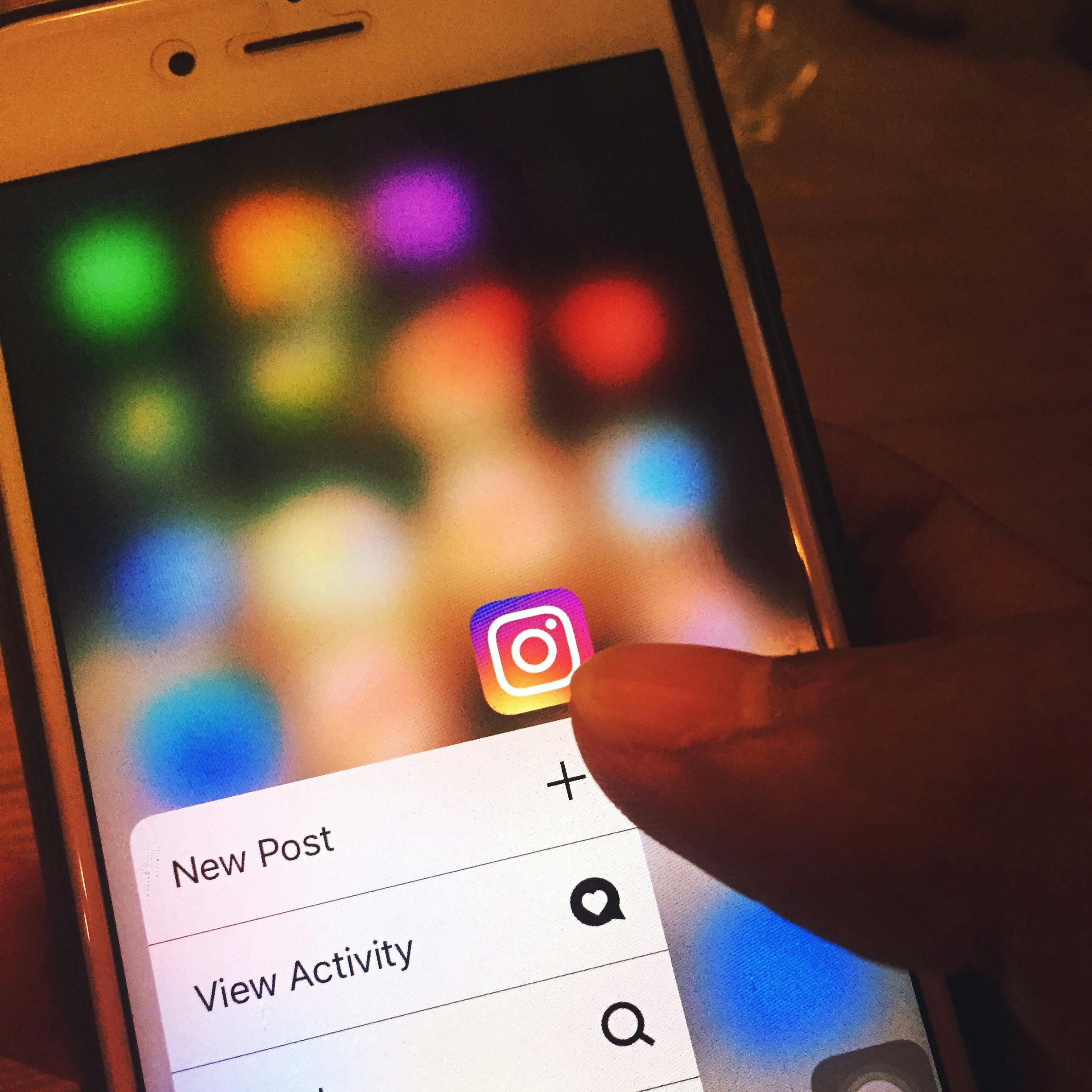Contents
Of Places, Listings, And Rankings
Submit and verify your business to Google My Business
Categorize your business correctly by using local SEO services
Use a local phone number in lieu of toll-free
Make sure your Google Maps listing description is SEO-friendly
Get reviews on Google and link these to Maps
Consumer search and purchase habits evolve consistently. What your target market is looking for and how they are looking for it, changes rapidly, which means you’ve got to change the way you market your content online.
One of the leading trends in online search is the use of mobile for local searches. Research shows that mobile internet data exceeds desktop internet data consumption, and that more than 50% of users choose use mobile devices to conduct a search online. Google search engine and Google Maps are two of the most relied-upon apps for mobile users.
Which brings us to the subject we’re concerned with: how to rank higher on Google Maps.
Of Places, Listings, And Rankings
For businesses, Google Maps is an incredible way of attracting local potential customers. We call this practice “listing”—identifying your business on the map and providing details, adding the entire load of information on Google Places.
Google Places is a local listing software, complete with forms and map extensions for businesses to add their information in a trackable way for consumers who use Google search and Maps.
More than 56% of mobile searchers today rely on these and similar apps to find local business addresses, hours of operation and directions. The more precisely and extensively you add information to Google Places, the better people are able to find you when they look for you or businesses like you.
However, listing your business on Google is not enough. To make the most of this feature, you need to know the ways to rank higher on it. Given that your competitors are using Google Places as well, you are competing for a higher position on Google Maps.
A ranking on the first page of Google search engine results is a coveted spot, the first page on Google Maps even more so.
First off, understand how to improve your local ranking on Google Maps…
Once, Google Maps considered industry categories and proximity of the business to rank it. Today, Google has evolved its algorithms to add other factors, factors that actually help small businesses get into the spotlight and improve ranking on Google Maps.
If you are looking to get to the first page of Maps, and get out of the shadow of your powerful competitors and attract consumers to your local business, take these steps for local business listing optimization:
Submit and verify your business to Google My Business
Starting out on Google My Business (GMB) is simple enough. You need to agree to the terms provided my GMB and start adding information in the fields given in the form.
- In addition to the traditional NAP (Name, Address, Phone Number), you will also need to include all necessary information about your official website.
- Add business hours. Google Maps tells user whether or not a business is open at the time of search, as lists the hours of operation. You even customize business hours and add the correct opening/closing time for specific days of the week.
- Remember, none of the information you add should be duplicated. Also, Google has strict guidelines about content, and will lower your ranking if you add multiple details, such as two addresses, for one business.
Remember, the more details you provide Google, the better-ranked listing you get. Avoid missing out on completing any fields,in addition to the primary ones.
Once you submit the information to Google, you will have to verify it. The address you provide to Google is the address where you will receive your postcard containing the verification code. (If you have multiple addresses, you will have to specify on which address you need the code delivered).
Enter this code on GMB, and you’re good to go!
Categorize your business correctly by using local SEO services
If you’re operating on a niche basis, it may be a tad tricky for you understand which industry is relevant to your business. It’s important to know your industry, because you need to add the information to your Google Places profile.
A “keyword” research and analysis is sure-fire tactic to add your industry correctly, and thus attract your target market. Local Search Engine Optimization (SEO) services provide small business owners with popular keywords used by local target audience.
Use a local phone number in lieu of toll-free
A business contact number can be both local (landline and/or mobile) and toll-free. Google looks to a phone number as a significant local signal, especially when the number is listed on Google My Business.
However, not every kind of contact number works; Google is actually not good with 1-800 (toll-free) numbers, and you are likely to get a more positive ranking if you skip the toll-free and add a local number.
The reason being that toll-free numbers are often spammy, and a local telephone number (with the area code) is preferable on Google Maps listings.
Make sure your Google Maps listing description is SEO-friendly
You have a limited number character to describe your business on Google Maps—use the space wisely. Local searches today are more “natural” and very specific.
If you’re operating a plumbing service in Rockford, Illinois, you’ll get more traction if you have a description that includes something along the lines of “affordable plumbing services in Rockford” or “plumbing repair services near me” (Google will use the location of the searcher to provide them with Rockford business).
A professional SEO service well help you find accurate, up-to-date keywords to add to your content on Google Maps listing and anywhere else.
Get reviews on Google and link these to Maps
Research shows that more than 90% of online users occasionally or regularly read reviews, 84% of whom trust the information in these as much as they trust the information provided by a friend. Maximize positive reviews on Google and link them to Maps for greater reach and engagement. In fact, if you’re willing to go the extra mile, leverage citation building services to get customers and industry experts talking about your business! Here’s more insight into how link building services can improve your local ranking on Google Maps.





 The rate at which the audience on these channels grew over the past few years is fantastic. According to Facebook’s latest quarterly earnings report, the channel now hosts approximately
The rate at which the audience on these channels grew over the past few years is fantastic. According to Facebook’s latest quarterly earnings report, the channel now hosts approximately